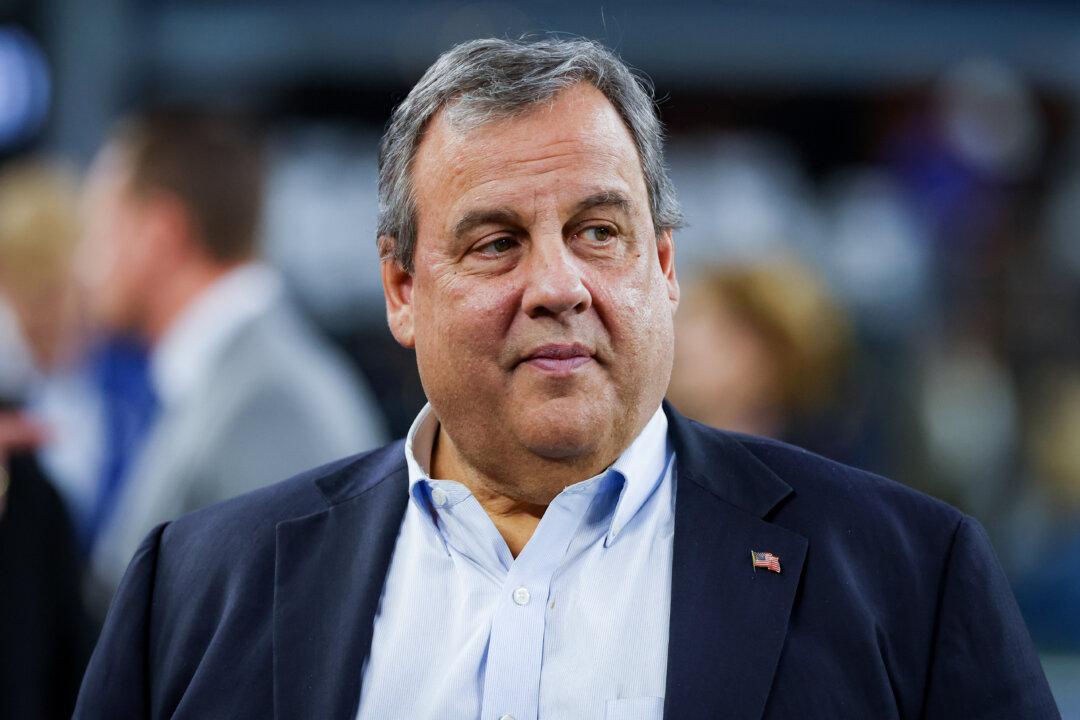Former New Jersey Gov. Chris Christie has filed papers to run for president in 2024, throwing his hat into an already-crowded ring of contenders.
Christie filed his papers with the Federal Elections Commission (FEC) on June 6. Christie, who served two terms as the governor of New Jersey, has been out of political office since the end of his second term in 2018.





